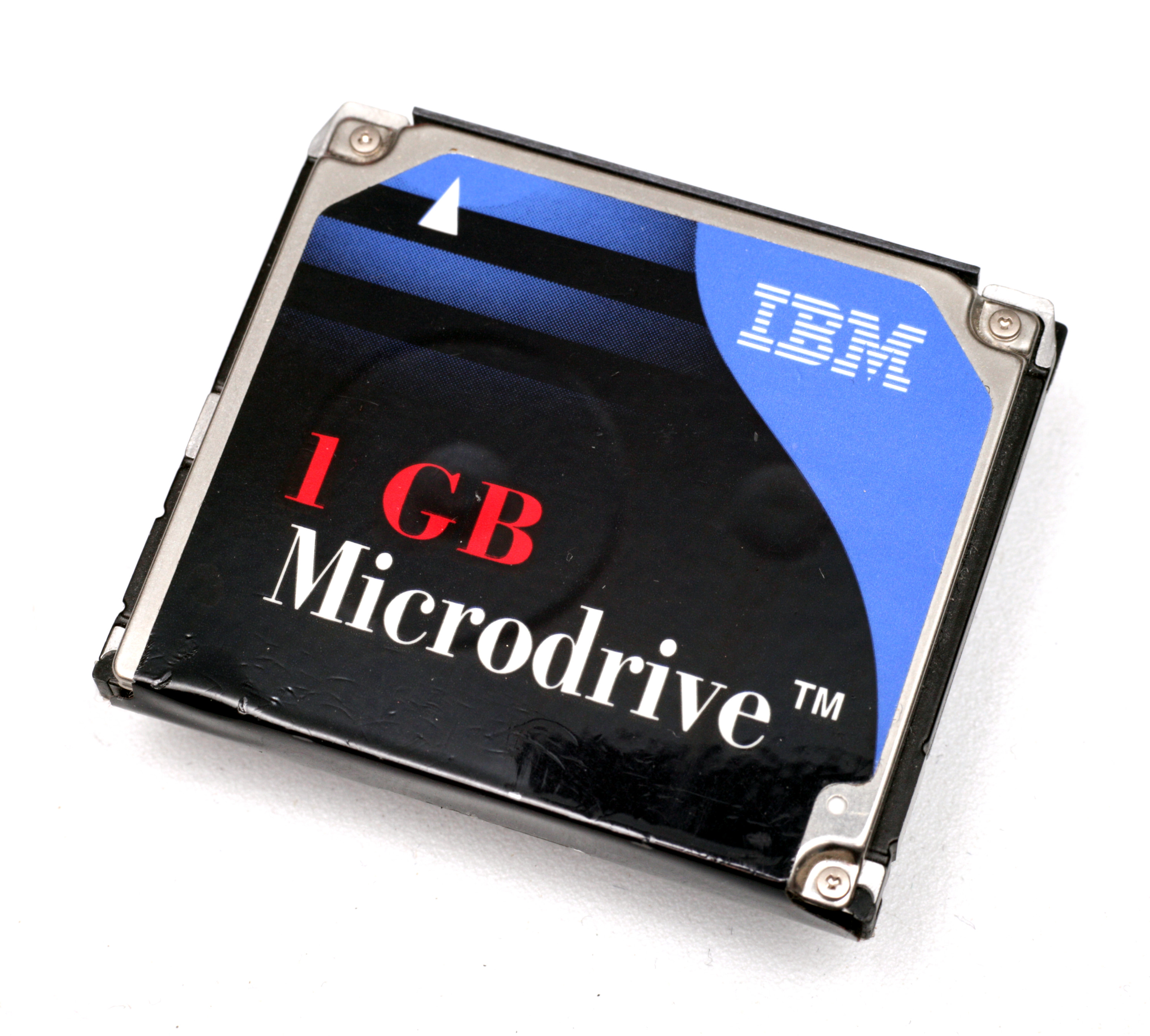Debates About Electronic Money from the 1990's Shed Light on Where We Are Today
Senior Fellow at BPI, Natalie Smolenski, draws comparisons between historical discussions on digital cash and contemporary debates in her latest blog post.

I came across an interesting article from 1998 today: "Electronic Money: A Challenge to the Sovereign State?" by Eric Helleiner, published in the Journal of International Affairs. Helleiner sees the state as more than capable of mounting control responses to the rise of electronic currencies. Indeed, against many of his contemporaries, he understands that the "IT revolution" may end up giving the state more power than ever over financial transacting worldwide.
He is generally supportive of and confident in the state's ability to control economic activity. Even in the 90's, issuers of private, electronic money were asking for "regulatory guidance" and seeking to comply with state mandates for third-party visibility into transactions and weak encryption. Helleiner correctly predicts that this trend will continue.
The wild card is something he calls "stored value cards" (SVCs) or "stored value devices" (SVDs)--physical electronic devices that store value which can be spent like cash. When used to store and spend privately-issued currencies, these SVCs could begin cutting into state monopolies over money, with all sorts of implications for monetary policy and state control over economic life.
Helleiner observes that there is already a social movement in the United States predisposed to adopt such moneys, having been convinced by Hayek's argument that money should be "denationalized" following the decision by the U.S. Government to abolish the gold standard. Helleiner predicts--this time incorrectly--that such a currency will not emerge. Yet he seems to hold open the possibility that it could.
Helleiner concludes by observing that the impact of electronic money on political economy will be shaped as much by the political commitments of populations as by the technology itself:
"In sum, the notion that new electronic forms of money may erode state control over monetary policy has little to do with anything intrinsic in the technology of this money. As noted above, monetary authorities see few challenges to their control deriving from new forms of money that they cannot cope with through various regulatory adjustments. Rather, the notion of declining state control derives its power from the coincidence of the birth of new forms of electronic money with an era in which the appropriate monetary role for the state is being questioned more generally. The appearance of new forms of electronic money has given free money advocates a useful opportunity to raise key questions about the relationship between states and markets in the monetary sector. The new electronic forms of money have also strengthened the free money movement by providing a technological form of money which would make 'choice in currency' less cumbersome from the standpoint of the average consumer. But, to reiterate, the technology itself does not present any threat to states' ability to pursue monetary policy that they cannot handle if they so choose."
As always, who we choose to become as a people is up to us. Emancipatory technologies can only realize their full potential in emancipated jurisdictions.



.svg)



.png)
%20copy%205.png)
